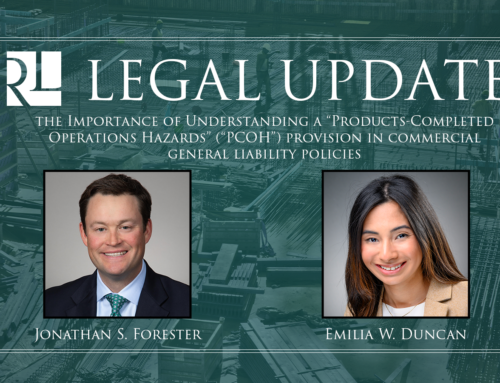This morning, November 4, 2021, the Occupational Safety and Health Administration (OSHA) issued a long-discussed Emergency Temporary Standard (ETS) mandating COVID-19 vaccinations in the private workforce. The ETS requires covered employers to develop, implement, and enforce a mandatory COVID-19 vaccination policy, with an exception for employers that instead establish, implement, and enforce a policy allowing employees who are not fully vaccinated to elect to undergo weekly COVID-19 testing and wear a face covering at the workplace. This includes requiring covered employers to determine the vaccination status of each employee, obtain acceptable proof of vaccination, maintain records of each employee’s vaccination status, and maintain a roster of each employee’s vaccination status.
The ETS applies to all employers with at least 100 employees firm- or corporate-wide. No business or industry is exempted from the ETS, other than workplaces covered by the Safer Federal Workforce Task Force COVID-19 Workplace Safety: Guidance for Federal Contractors and Subcontractors and settings where employees provide healthcare services or healthcare support services when subject to the requirements of the Healthcare ETS (29 CFR 1910.502).
The ETS does not apply to employees who do not report to a workplace where other individuals such as coworkers or customers are present, employees while they are working from home, or employees who work exclusively outdoors.
The ETS does include exemptions for employees: (1) for whom a vaccine is medically contraindicated; (2) for whom medical necessity requires a delay in vaccination; or (3) who are legally entitled to a reasonable accommodation due to a disability or sincerely held religious beliefs, practices, or observances.
Within 30 days, covered employers must ensure all requirements other than testing for employees who have not completed their vaccination are implemented. Covered employers have 60 days to then implement testing for all employees who have not been vaccinated. Employers are not required to pay for testing or masks; however, employers must give up to 4 hours of paid time to each employee to receive the vaccination.
Additionally, the ETS serves as a proposal under the OSH Act for a final standard. If that process is completed, the ETS will become a regulation to be enforced by OSHA.
The ETS is expected be challenged by numerous private employers and state attorneys general on the grounds of constitutionality, lack of statutory authority for OSHA to take such an action, and other grounds. Lawsuits are expected to be filed today in courts across the country.
Riess LeMieux is able to assist our clients in complying with ETS. To review the ETS, please click on the following link: https://lnkd.in/eSKN8UCP



